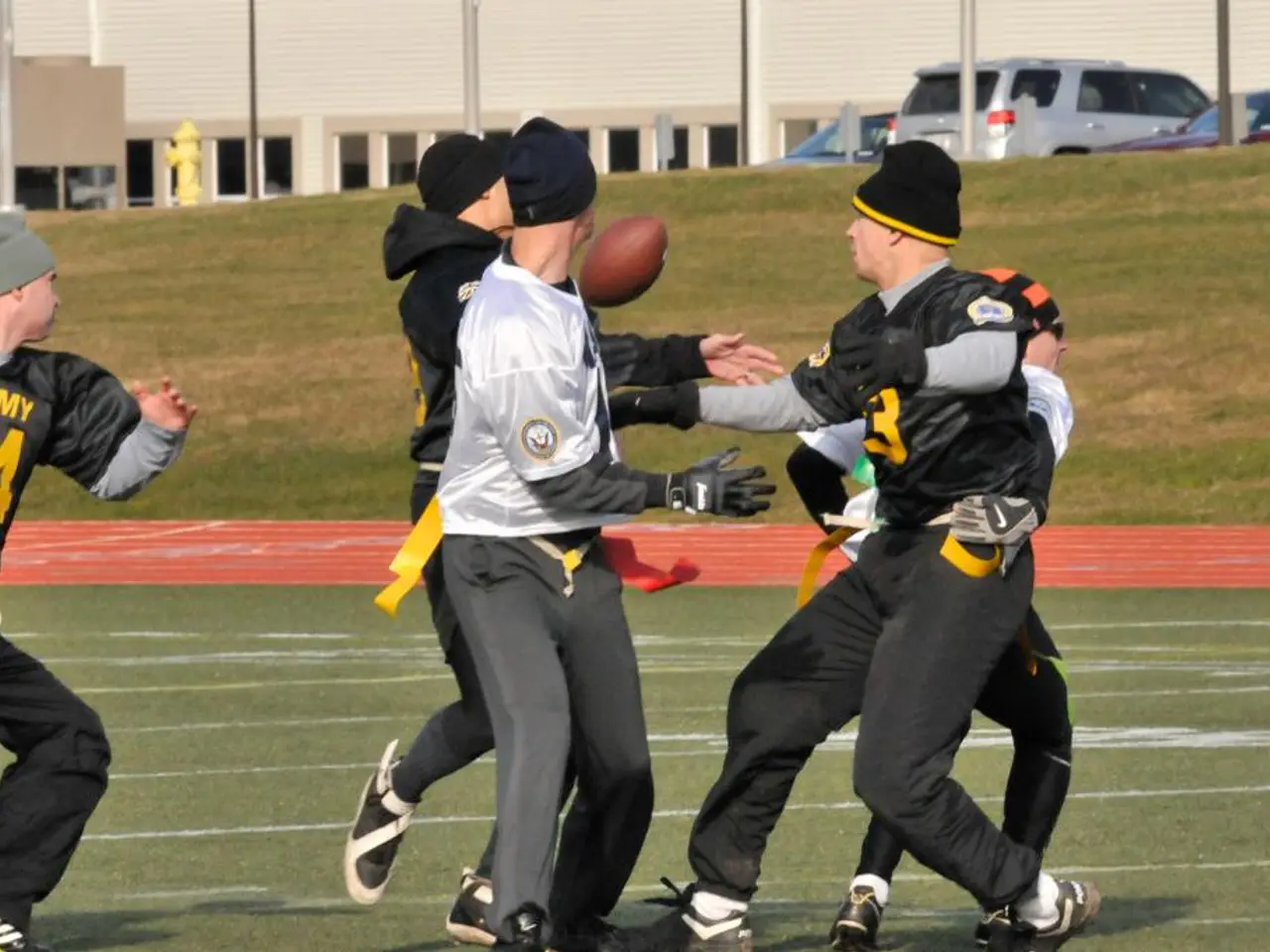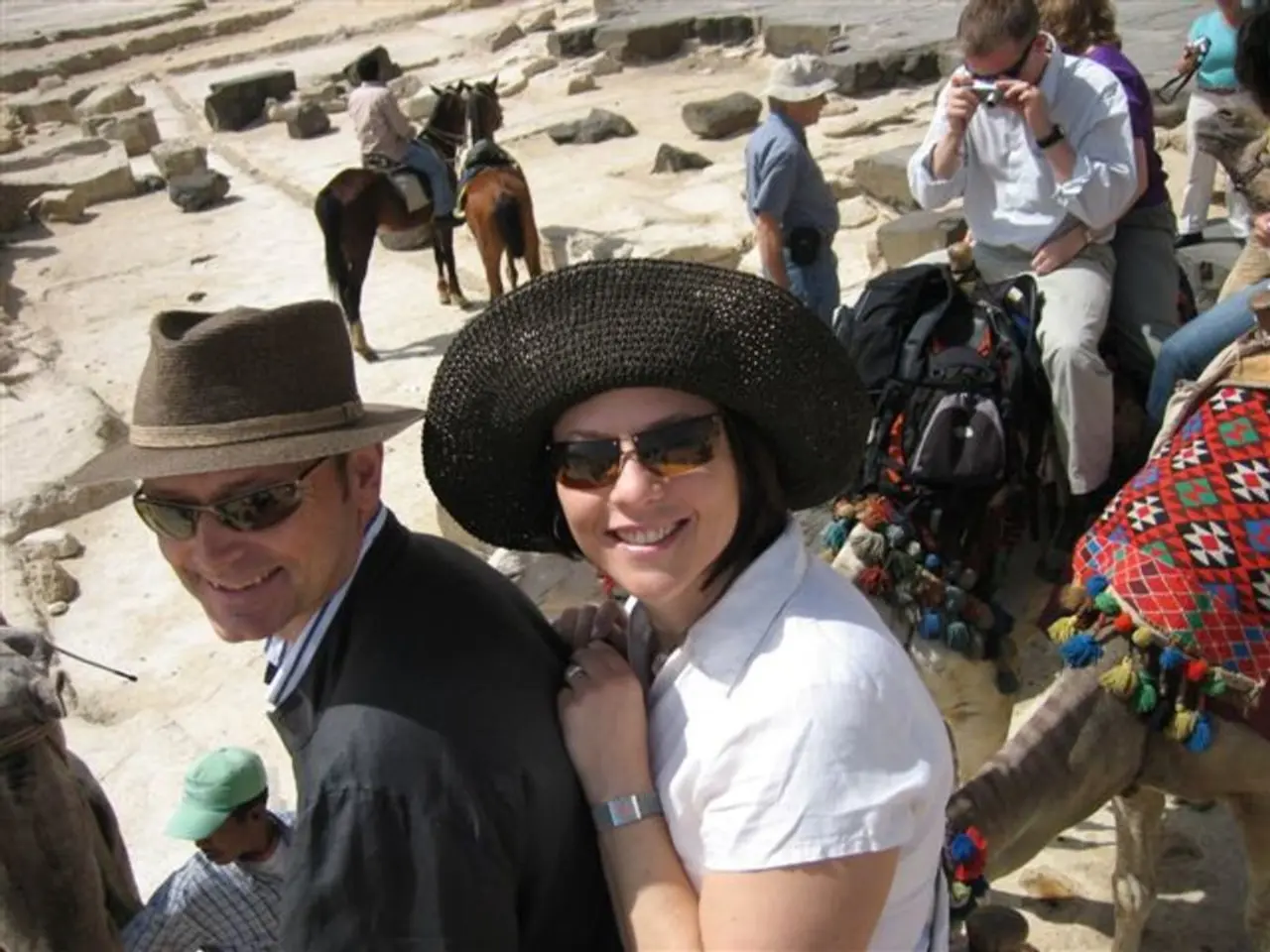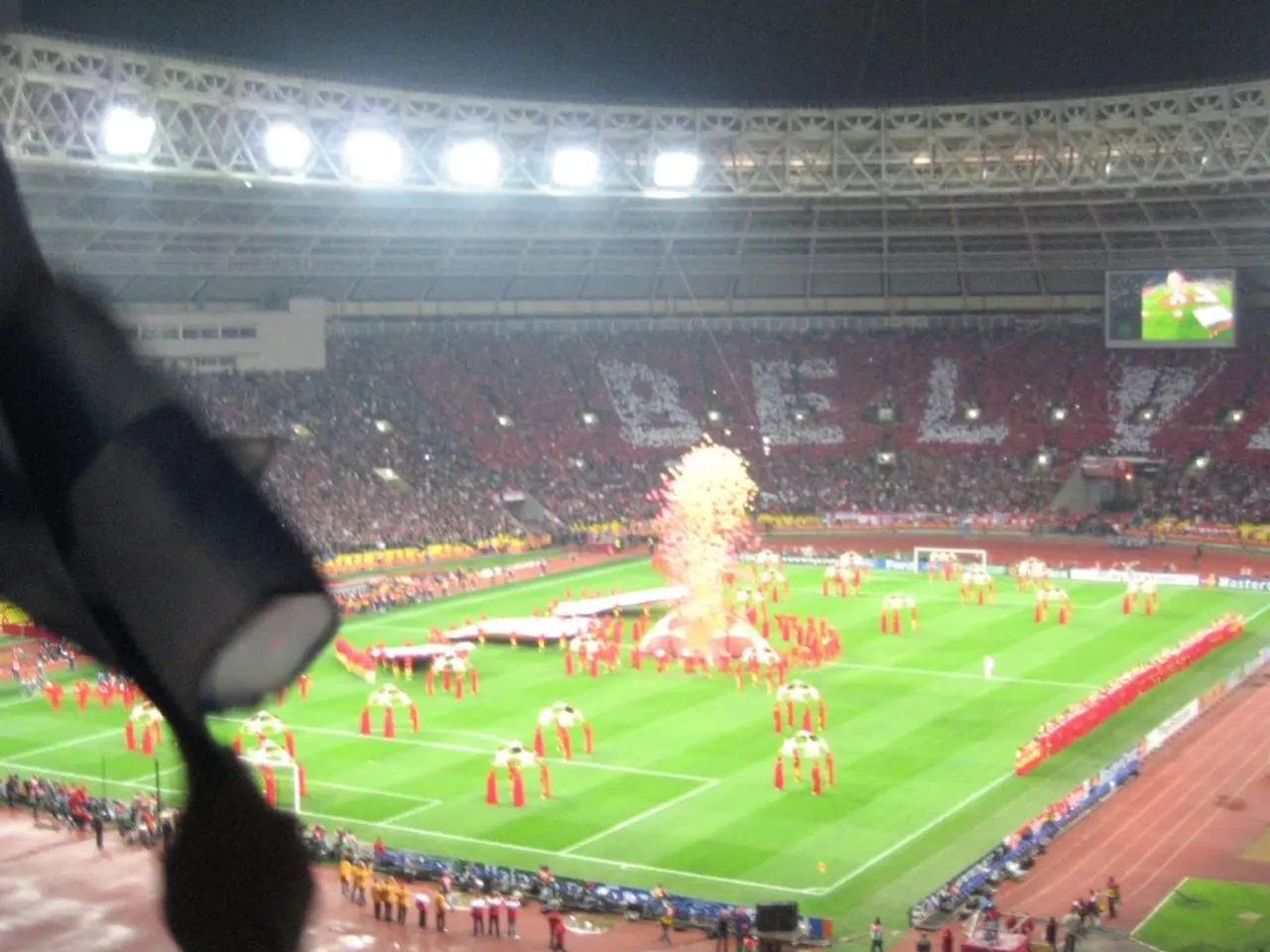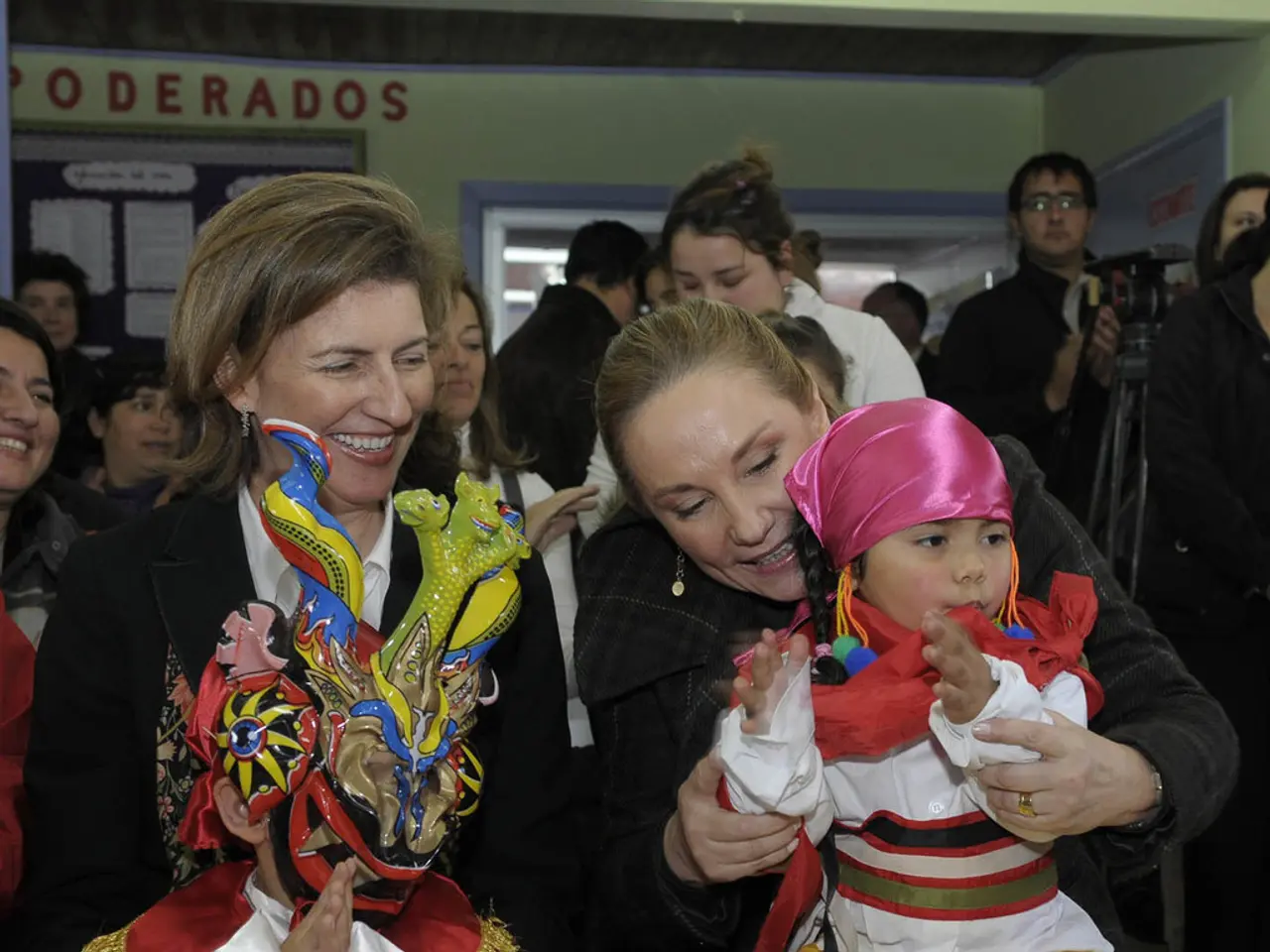Earning of Olympians: A startling examination of money, country by country, for the Paris 2024 Games
The upcoming Paris 2024 Olympic Games will showcase the talents of thousands of athletes from around the world. While the Olympics have long been a platform for athletes to gain fame, recognition, and respect, the financial rewards for their hard work and dedication vary greatly from country to country.
Historically, the Olympics began as an amateur competition, but today, the financial aspect plays a significant role in an athlete's career. World Athletics has announced that it will award prize money at the Paris 2024 Olympics, with gold medalists in track and field events receiving $50,000 (£39,400). However, this is not the case for all sports or all countries.
Singapore stands out with its pledge of up to $1 million for an individual gold medal, while in other parts of the world, the financial rewards are more modest. For example, Australia pays gold medalists $20,000, the USA offers $37,500, and Team GB athletes receive nothing for placing on the podium.
The disparity in financial rewards raises ethical and practical questions about the sustainability of the current system. The International Olympic Committee (IOC) does not pay athletes for winning medals, and instead, it distributes its revenue to international federations and national Olympic committees (NOCs) who then have the discretion to pay athletes for their achievements.
The true financial potential for many athletes lies in post-Olympic sponsorships and endorsements. The United States Olympic and Paralympic Committee (USOPC) offers tiered monetary rewards, but these official rewards are often dwarfed by the significant endorsement deals that many athletes secure. The USOPC also provides other supports like training facilities, sports medicine, and coaching.
Other countries might provide cash bonuses, national honors, lifelong stipends, or access to government jobs as rewards for Olympic success. Some countries, especially those where Olympic success holds major national symbolic value, offer large one-time rewards, while others may provide longer-term institutional support.
The differences arise because national Olympic committees answer to their own government budgets, sponsorship deals, and cultural priorities. Wealthier countries with strong commercial sports markets tend to have more substantial and varied reward systems.
The IOC has pushed reforms through the Olympic Agenda 2020 and its successor to emphasize the role and support of athletes globally, but it does not standardize financial rewards for Olympic medalists, focusing instead on athletes' rights, well-being, and inclusion in decision-making.
It is time for the IOC and NOCs to reassess their priorities and create a more equitable system that supports and rewards athletes. The Olympics, as envisioned by Baron Pierre de Coubertin, aims to educate youth and build a better world through sports. Addressing the financial inequities that persist in the Olympic system is a crucial step towards achieving this goal.
The International Boxing Association (IBA) has pledged financial rewards for its athletes, with boxing gold medalists receiving $100,000 (£77,700). This move highlights the potential for change and the need for a unified, comprehensive system to financially reward all Olympic athletes. The Paris 2024 Olympic Games will undoubtedly be a celebration of athletic achievement, but it is also an opportunity to address the financial disparities that have long plagued the Olympic system.
The International Boxing Association's decision to award financial rewards to its athletes, such as a $100,000 prize for boxing gold medalists, signifies a potential for change in the Olympic system. The disparity in financial rewards across different sports and countries creates ethical and practical questions, calling for a reassessment of priorities to establish a more equitable system. The Paris 2024 Olympic Games presents an opportunity to address these financial disparities and align with the original vision of the Olympic Games, aiming to educate youth and build a better world through sports.








